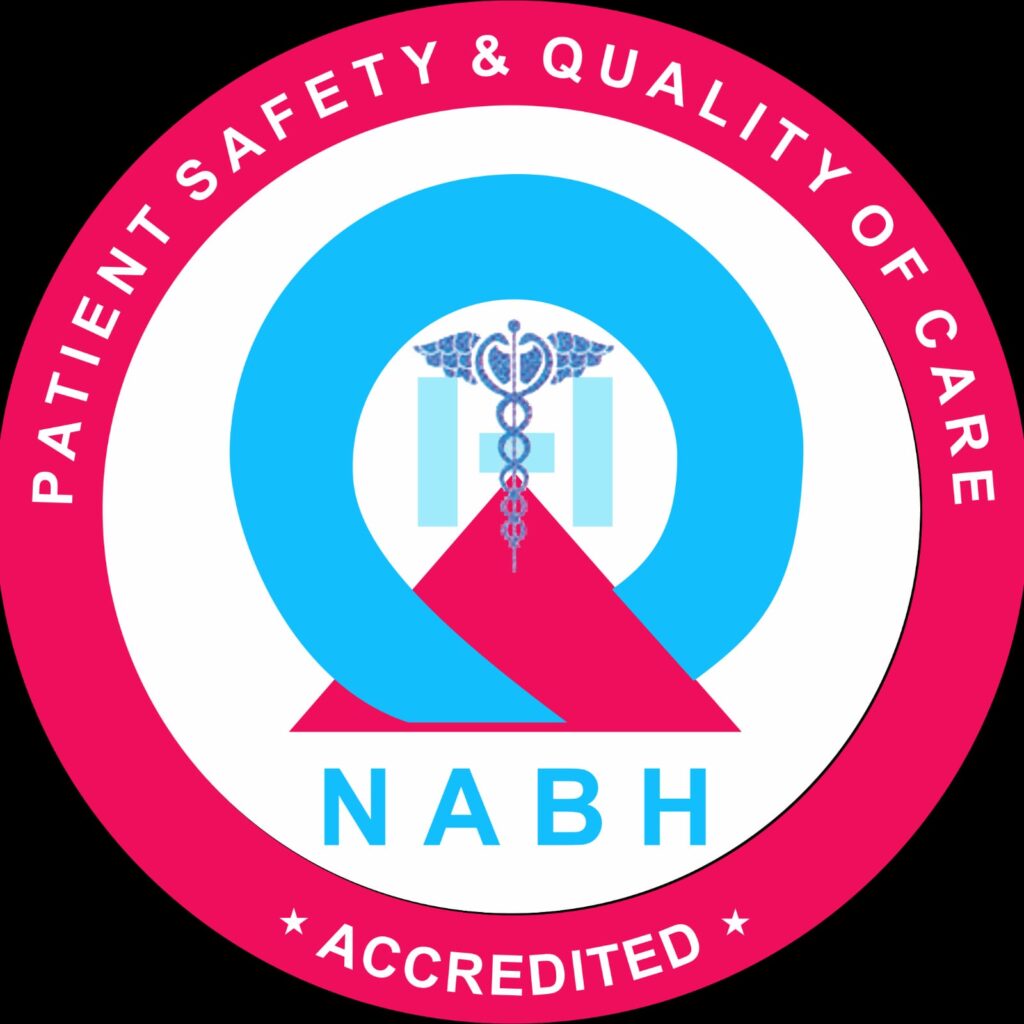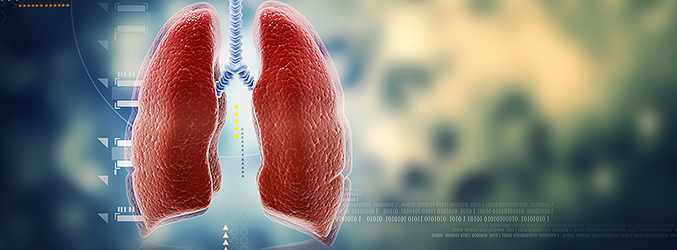LUNG CANCER
Treatment Options
Treatments for lung cancer include:
Surgery
Chemotherapy
Interventional pulmonology
Radiation therapy
Targeted therapy
Immunotherapy
Symptoms
Some common symptoms of lung cancer include:
Cough that produces blood.
Swelling in the face or neck.
Changes in the appearance of fingers, called finger clubbing.
Lung infections such as bronchitis or pneumonia that won't go away.
Shortness of breath that comes on suddenly and occurs during everyday activities.
A new cough that is persistent or worsens, or a change in an existing chronic cough.
Pain in the chest, back or shoulders that worsens during coughing, laughing or deep breathing.
Pain in the chest, back or shoulders that worsens during coughing, laughing or deep breathing.
Risk factors
Risk factors for lung cancer include:
Smoking
Lung cancers are diagnosed in people over age 65, and most people are older than 45.
Industrial or workplace exposures: Inhaling chemicals or minerals, such as asbestos, arsenic, chromium, nickel, soot or tar may, over time, increase a person’s lung cancer risks.
Exposure to asbestos or other pollutants
Genetics may predispose certain people to lung cancer.
Exposure to radon: Radon is a colorless, scent-less radioactive gas that is found in some houses and is a leading cause of lung cancer.




